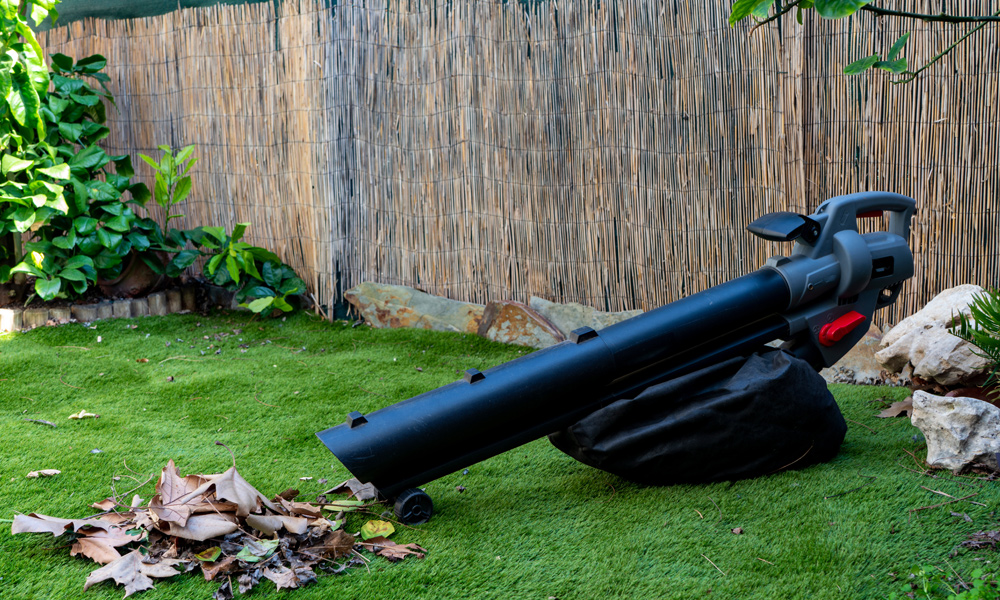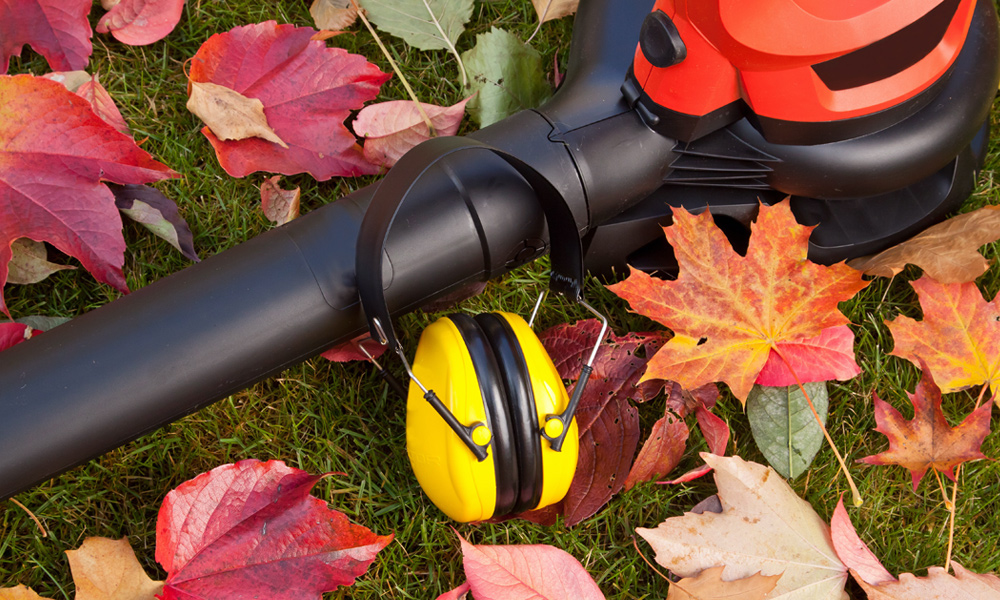A Complete Guide to Selecting the Perfect Leaf Blower
The Ultimate Guide to Choosing the Perfect Leaf Blower: Tips, FAQs, and Expert Advice
Leaf blowers are essential tools for homeowners and professionals alike, offering a convenient and efficient way to clear leaves, debris, and grass clippings from your yard or outdoor space. However, choosing the right leaf blower for your needs can be daunting with various types, models, and features available. This comprehensive guide will provide you with top tips, FAQs, and all the information you need to understand what leaf blowers can do and help you make an informed decision.
Understanding the Types of Leaf Blowers
Leaf blowers come in three main types: gas-powered, electric, and cordless. Each type has its advantages and considerations. To gain a better understanding, let’s explore each type:
- Gas-Powered Leaf Blowers: Gas leaf blowers are known for their power and mobility. They are typically more suitable for larger yards or commercial use due to their high airspeed and blowing capacity. They offer excellent performance but are heavier and noisier than other types.
- Electric Leaf Blowers: Electric leaf blowers are available in corded and cordless. Corded electric blowers provide consistent power but require an electrical outlet and can have limited mobility. On the other hand, Cordless electric blowers offer greater portability and convenience but may have shorter battery life.
- Cordless Leaf Blowers: Cordless leaf blowers are battery-powered and offer excellent mobility without the restrictions of a power cord. They are suitable for small to medium-sized yards and are generally quieter than gas-powered blowers. However, their battery life can be a limiting factor for larger tasks.
Consider Your Needs and Yard Size
Before choosing a leaf blower, it’s crucial to assess your specific needs and the size of your yard. Here are some factors to consider:
- Yard Size: Electric leaf blowers or cordless models are usually sufficient for small yards. Medium to large yards may require more power, making gas-powered or backpack leaf blowers more suitable.
- Type of Debris: Consider the type and amount of debris you need to clear. A standard leaf blower will suffice if you primarily deal with leaves and grass clippings. However, if you need to tackle heavier debris like twigs and small branches, opt for a blower with a higher blowing capacity.
- Frequency of Use: Durability and comfort are important considerations if you use the leaf blower frequently or for extended periods.
Power Source: Gas, Electric, or Cordless?
Choosing the right power source for your leaf blower is a significant decision. Here are some factors to help you make an informed choice:
- Gas-Powered: Gas-powered blowers offer unmatched power and mobility. They are ideal for large yards or professional use requiring extended runtime. However, they require regular maintenance and fueling with a mixture of gas and oil. They also tend to be louder and emit exhaust fumes, which may not be suitable for environmentally conscious users or those with noise restrictions in their area.
- Electric: Electric leaf blowers, whether corded or cordless, offer convenience and ease of use. Corded electric blowers provide a continuous power supply as long as they are connected to an electrical outlet. They are typically lighter and quieter than gas blowers, making them suitable for smaller yards. Cordless electric blowers, powered by rechargeable batteries, provide greater mobility but may have limited battery life, requiring recharging between sessions.
Airflow Power and Speed
The airflow power and speed of a leaf blower are crucial factors that determine its effectiveness in clearing debris. Look for blowers with higher miles per hour (MPH) ratings for faster airspeed and cubic feet per minute (CFM) for greater blowing capacity. A balance between these two factors is essential for efficient and thorough cleaning.
Noise Level and Emissions
If the noise level is a concern, especially in residential areas or noise-restricted zones, consider leaf blowers with lower decibel (dB) ratings. Electric blowers are generally quieter than gas-powered ones. Additionally, for environmentally conscious users, electric blowers produce zero emissions during operation, making them a greener choice.
Backpack Leaf Blowers: A Convenient Option
Backpack leaf blowers provide enhanced comfort and prolonged use for larger yards or professional use. They are designed to be worn on the back, distributing the weight more evenly and reducing strain on the arms and shoulders. Backpack blowers offer greater blowing power and capacity, making them suitable for heavy-duty tasks. Check out our Best Backpack Leaf Blower Reviews for top recommendations in this category.
Maintenance and Durability
Consider the leaf blower’s maintenance requirements and durability before purchasing. Gas blowers require regular maintenance, such as fuel mixing, oil changes, and spark plug checks. Electric blowers are generally easier to maintain, requiring minimal upkeep. Look for durable construction and quality materials that can withstand frequent use and outdoor conditions.
Top Tips for Choosing the Right Leaf Blower
To summarize the key points for choosing the right leaf blower:
- Assess your needs and the size of your yard.
- Consider the type of debris you need to clear.
- Determine the frequency of use.
- Choose the appropriate power source (gas, electric, or cordless).
- Pay attention to airflow power and speed.
- Consider noise level and emissions.
- Evaluate the benefits of backpack leaf blowers for larger tasks.
- Check maintenance requirements and durability.
Frequently Asked Questions (FAQs)
Are electric leaf blowers better than gas?
A: Electric leaf blowers are generally more suitable for smaller yards due to their lower noise levels, zero emissions, and ease of use. Gas blowers offer more power and mobility but require more maintenance and produce exhaust emissions. The choice depends on your specific needs and preferences. Learn more in our article on electric leaf blowers vs. gas blowers.
How do leaf blowers work?
Leaf blowers use a motor to generate airflow directed through a nozzle. The high-speed airflow helps move and blow away leaves, debris, and grass clippings. Please read our article on how leaf blowers work.
How long do electric leaf blowers last on a single charge?
The battery life of electric leaf blowers varies depending on the model and the power settings used. It can range from 15 minutes to over an hour. Consider the battery capacity and choose a blower that suits your needs. Check out our best electric leaf blowers article for options with longer battery life.
How do I start a leaf blower?
Gas leaf blowers typically require manual starting by pulling a starter cord. Electric blowers have a simple push-button start. Refer to the user manual of your specific leaf blower model for detailed instructions on starting and operating the blower.
How do I store a backpack leaf blower?
To store a backpack leaf blower, ensure it is clean and debris-free. Empty the fuel tank if it’s a gas blower. Store it in a dry, secure place, preferably in a dedicated storage area or shed. Avoid storing it near flammable materials or in extreme temperatures. For more tips, please read our article on how to store a backpack leaf blower.
Are electric leaf blowers any good?
Electric leaf blowers are highly efficient for smaller yards and lighter tasks. They are lightweight, easy to maneuver, produce less noise, and require minimal maintenance. Cordless electric blowers provide mobility, while corded electric blowers offer continuous power. Check out our article on are electric leaf blowers any good for a detailed analysis.
Are leaf blowers worth the investment?
Leaf blowers can be a valuable investment for maintaining a tidy yard and saving time on manual cleaning. They offer efficient debris clearing, especially during the fall season. Consider your specific needs and the size of your yard to determine if a leaf blower is worth the investment. Learn more in our article on is a leaf blower worth the investment.
What are the regulations and laws regarding leaf blowing?
Leaf-blowing regulations vary by region and municipality. Some areas have restrictions on noise levels, usage times, or the types of leaf blowers allowed. It’s important to familiarize yourself with local regulations to avoid legal issues. Please read our article on leaf blowing and what the law says for more information.
Conclusion
Choosing the right leaf blower for your needs involves considering yard size, debris type, power source, airflow power, noise level, and maintenance requirements. Assessing these factors will help you make an informed decision and find a leaf blower that suits your needs. Remember to refer to our recommended articles for detailed information on leaf blower types and models.

